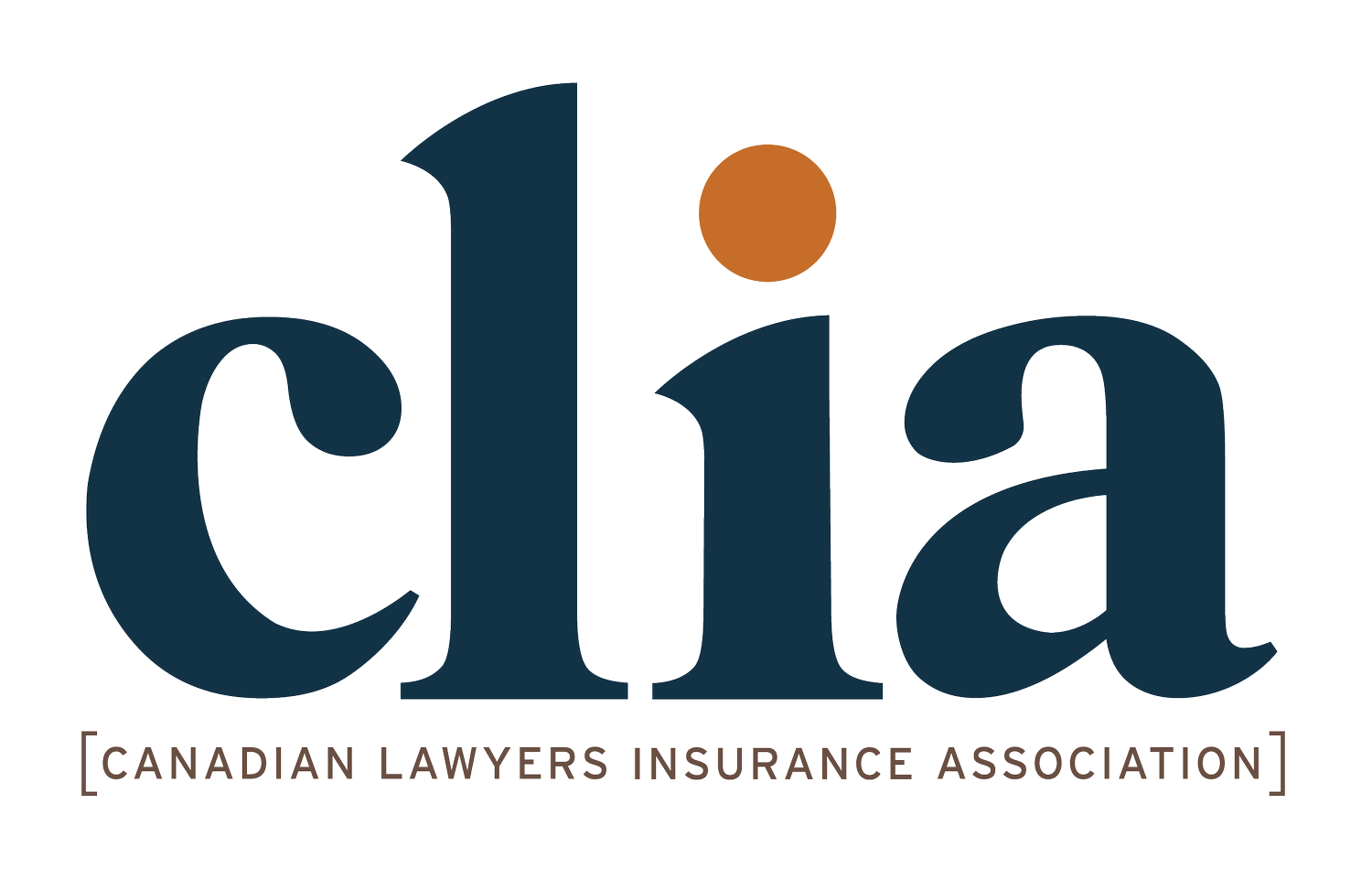Roundup: Fraud
CLIA has a strong commitment to loss prevention. We take a proactive approach to avoiding claims and developed a Loss Prevention Strategic Plan to more focus our energies on helping lawyers find the loss prevention resources they need.
In case you missed it, here is a collection of fraud alert posts to help you better manage your practice and avoid errors:
CLIA acts as a central hub for our subscribers by offering one-stop-shopping for those who need a quick source of loss prevention resources. Our revamped Loss Prevention Online Repository houses a collection of links to numerous checklists, tips, articles, videos and guides created by our subscribers and partners.
The Repository is now organized by topic and numerous subtopics to better guide you to the resources you need. One topic is Fraud, and contains resources to help you avoid common scams and links to check out recent alerts issues from our subscribers and partners.
About to pay out trust funds? Stop and read this first!
CLIA Subscriber jurisdictions and our partners continue to see claims involving hacked emails. This is also known as social engineering - where fraudulent electronic communications or websites designed to impersonate you or your firm cause you damage. Review this recent BC example involving a multi-million dollar funds transfer fraud and the steps you should take to verify fund transfer instructions to avoid being victim to a similar scam.
People occasionally contact the Law Society about fraudulent websites using the names of real law firms or actual lawyers, without the knowledge or consent of those lawyers. These fraudulent websites are set up by criminals to give credibility to a scam. See this post from the Law Society of Manitoba for more information on what to do if your name or firm shows up on fake website.
Check out our fraud posts from 2024 for more information on alerts issues by our subscribers and partners and hacked email fraud.

